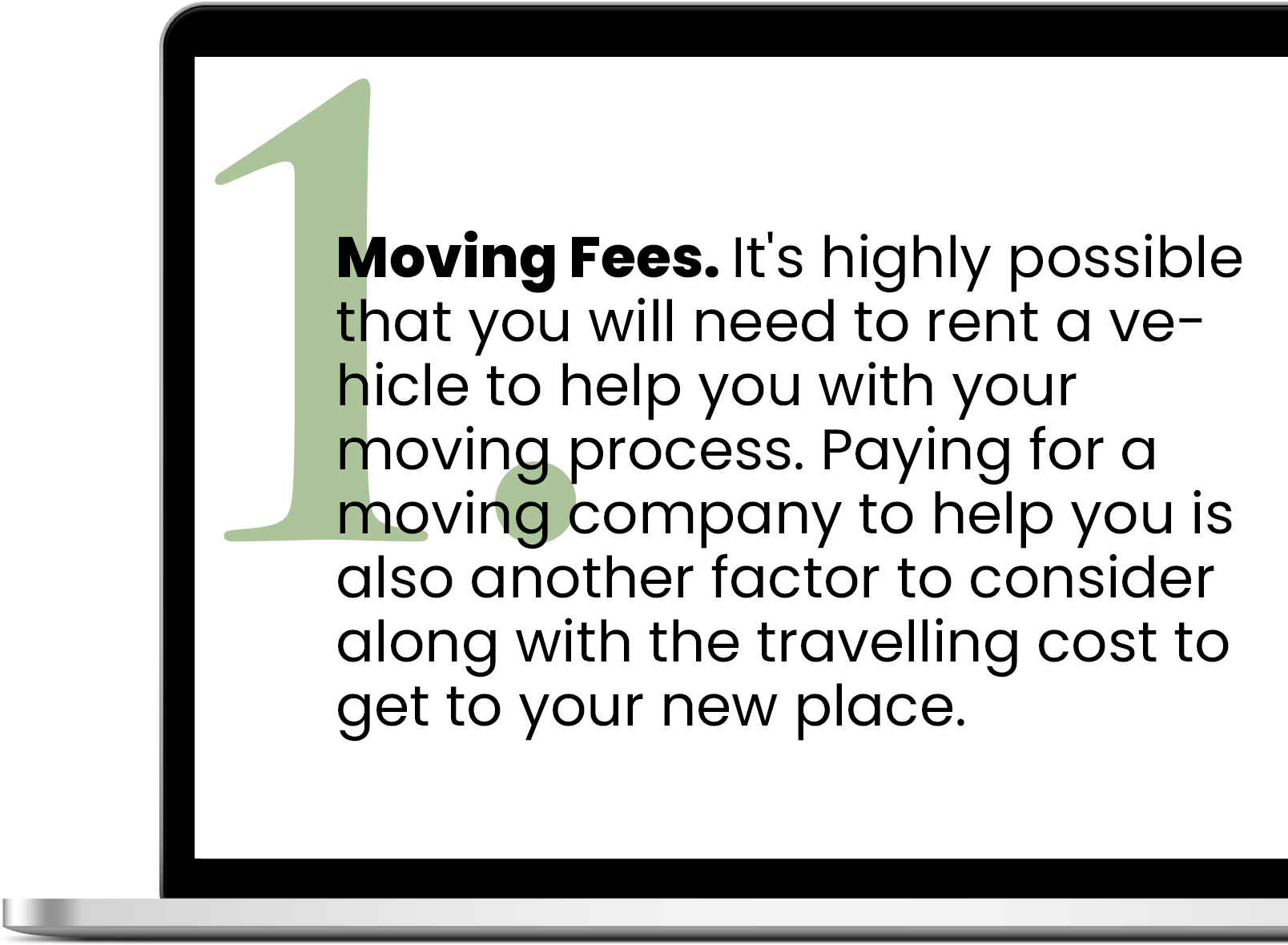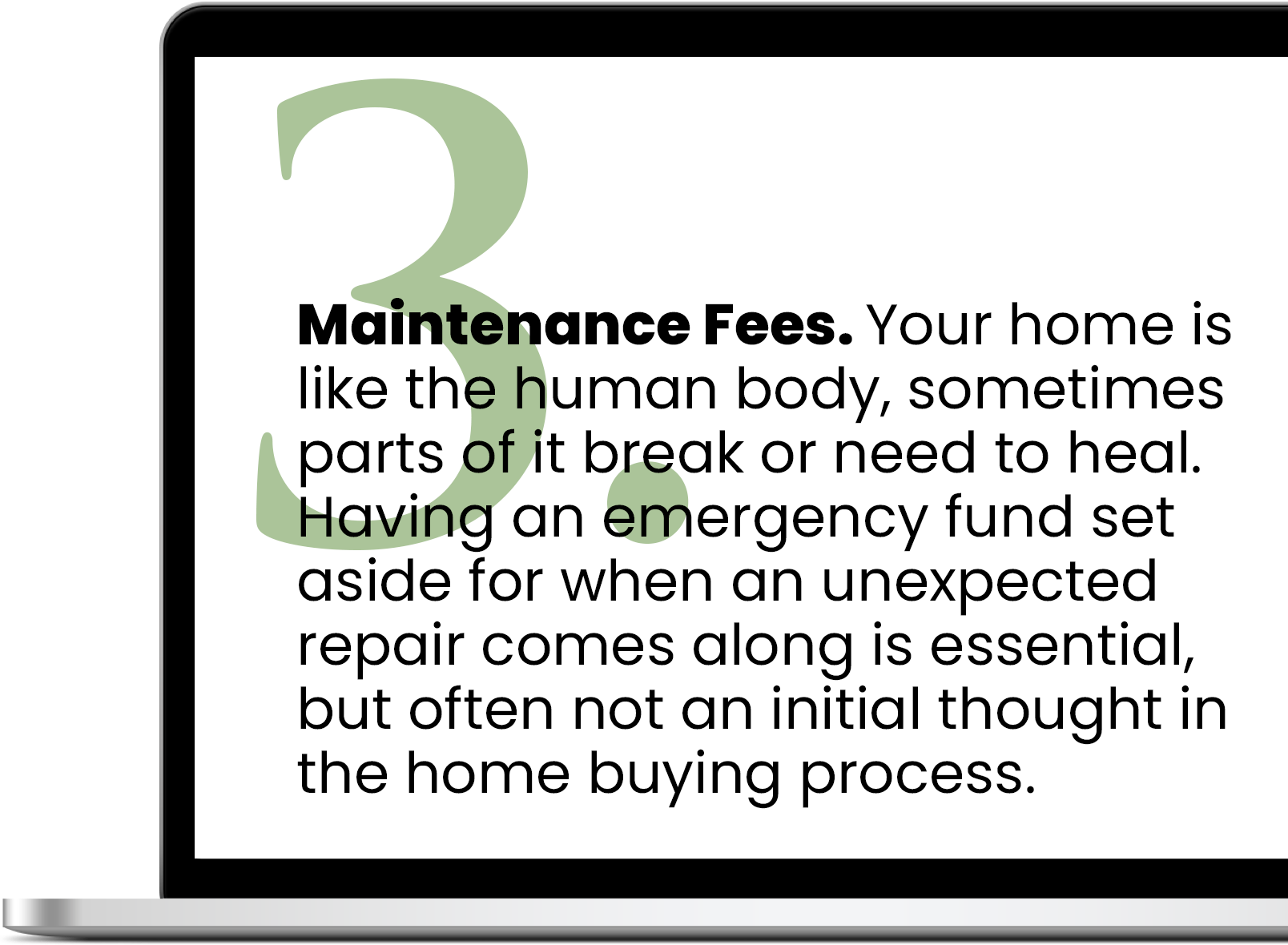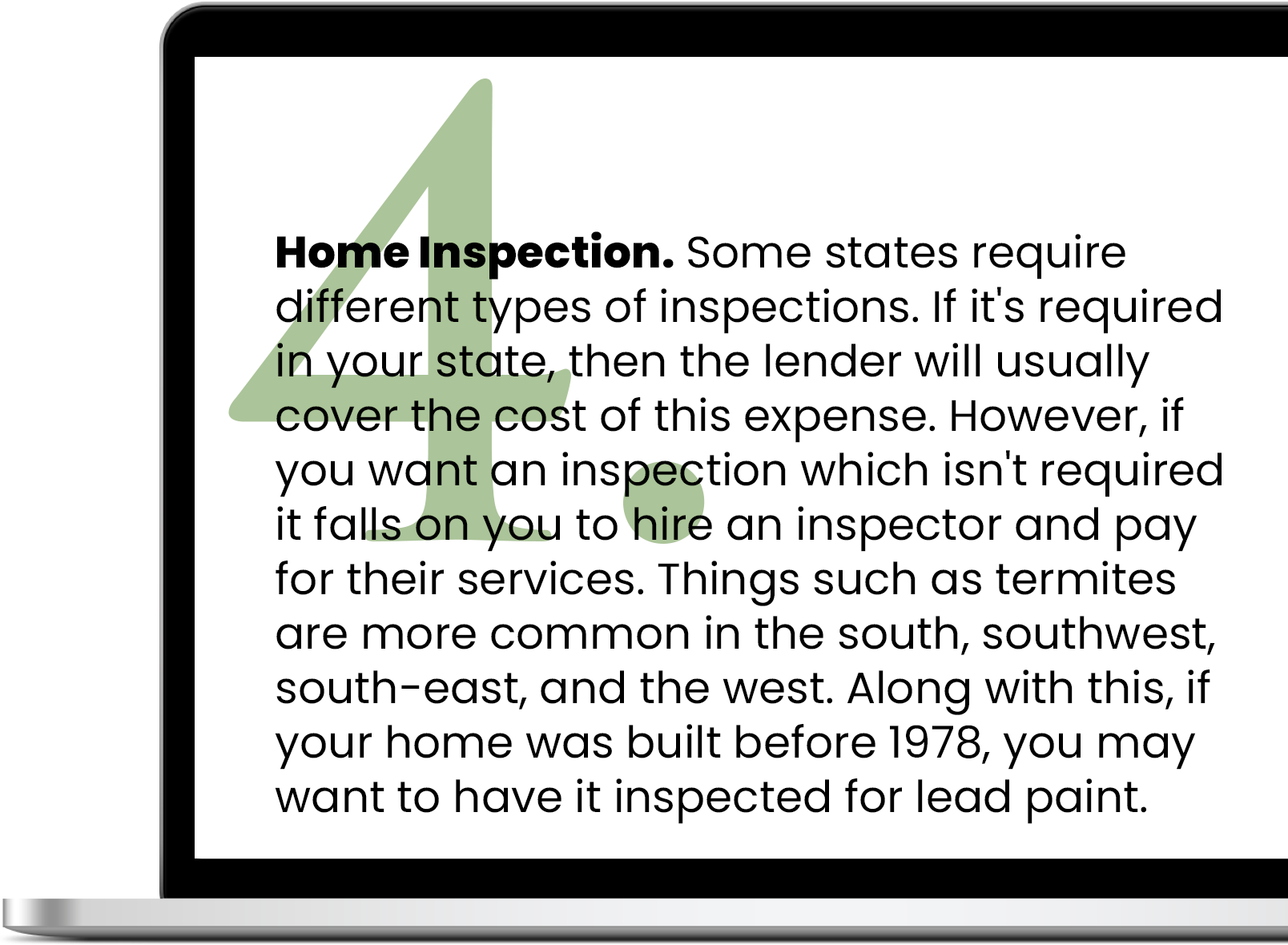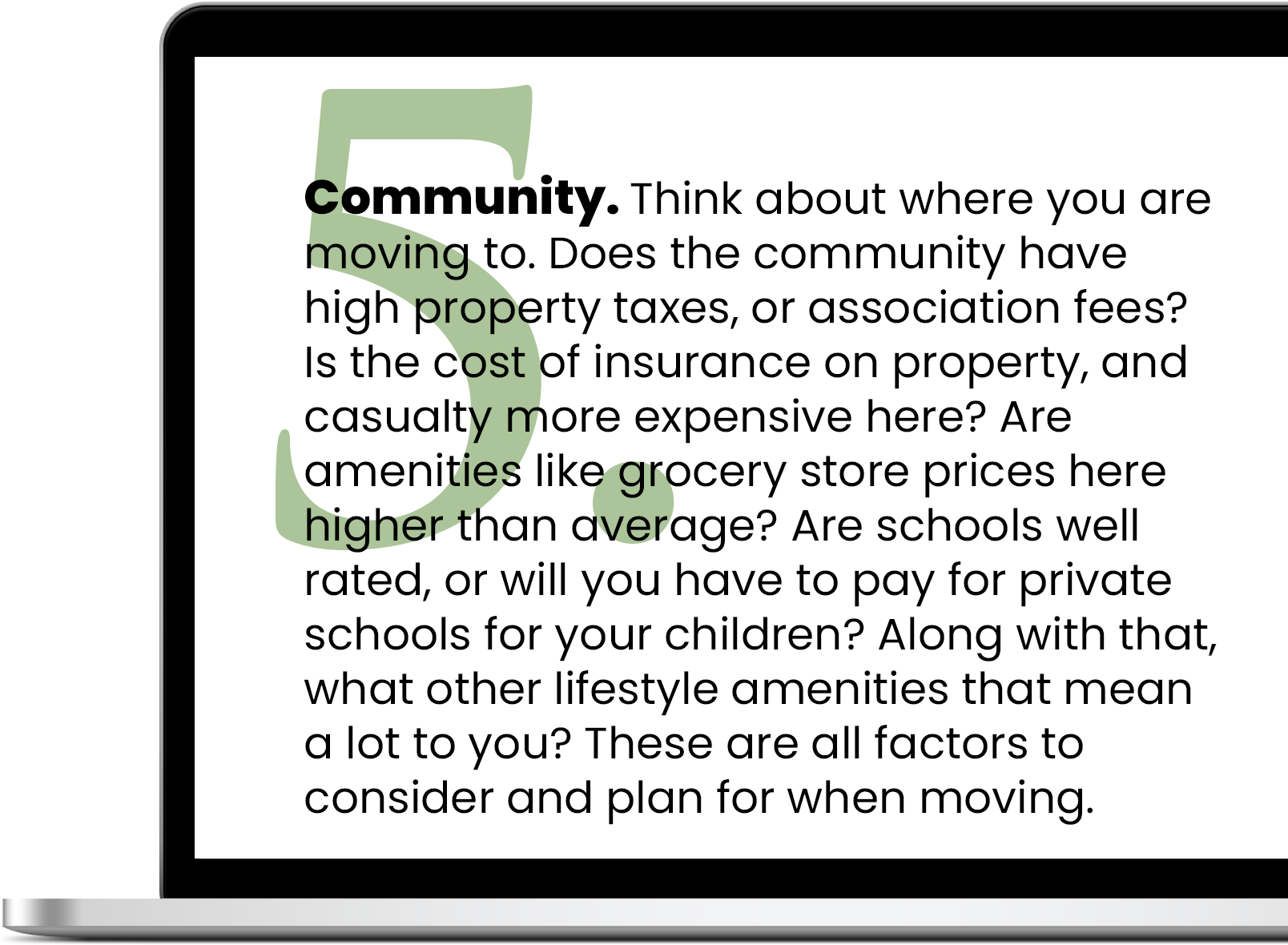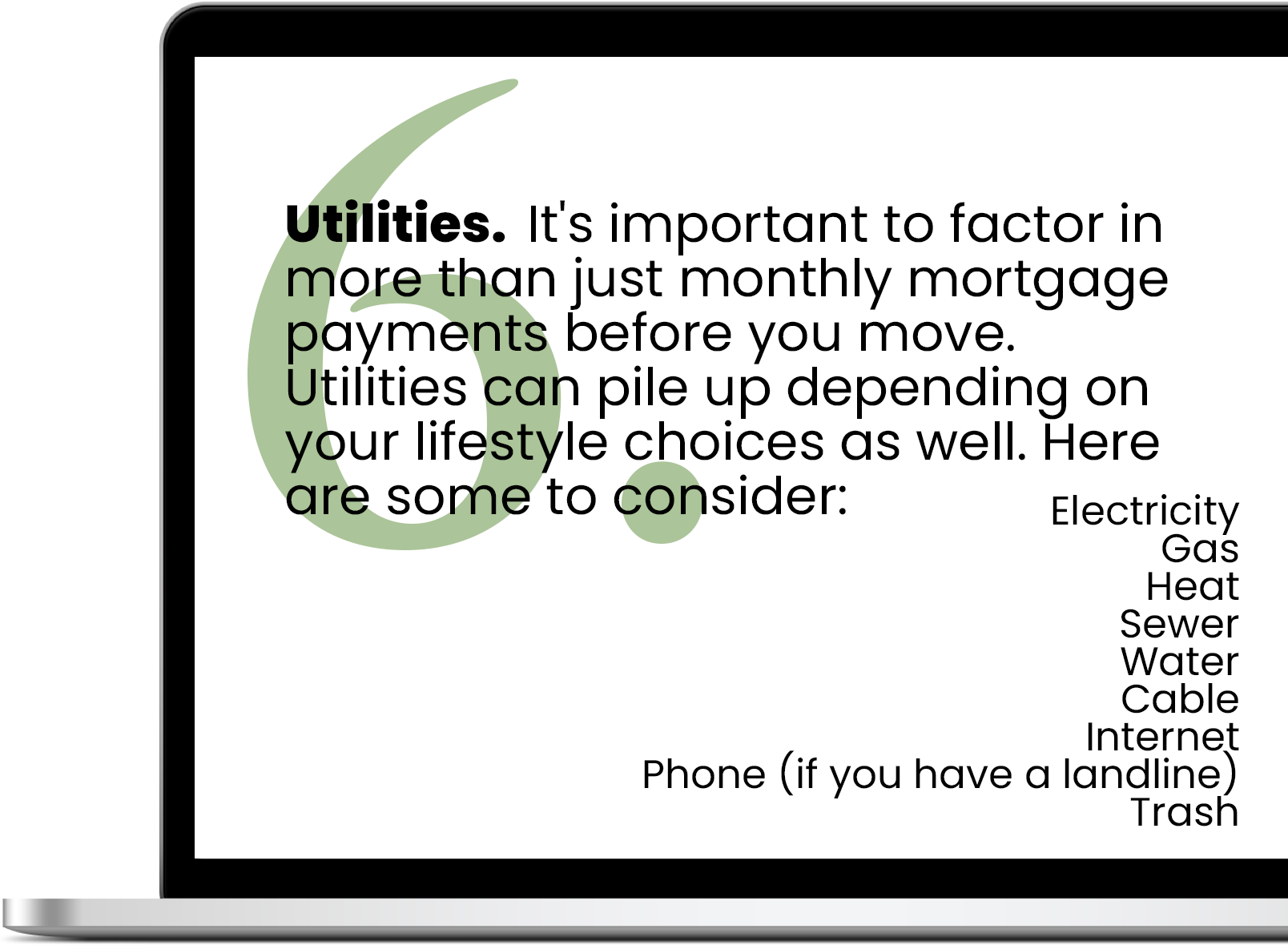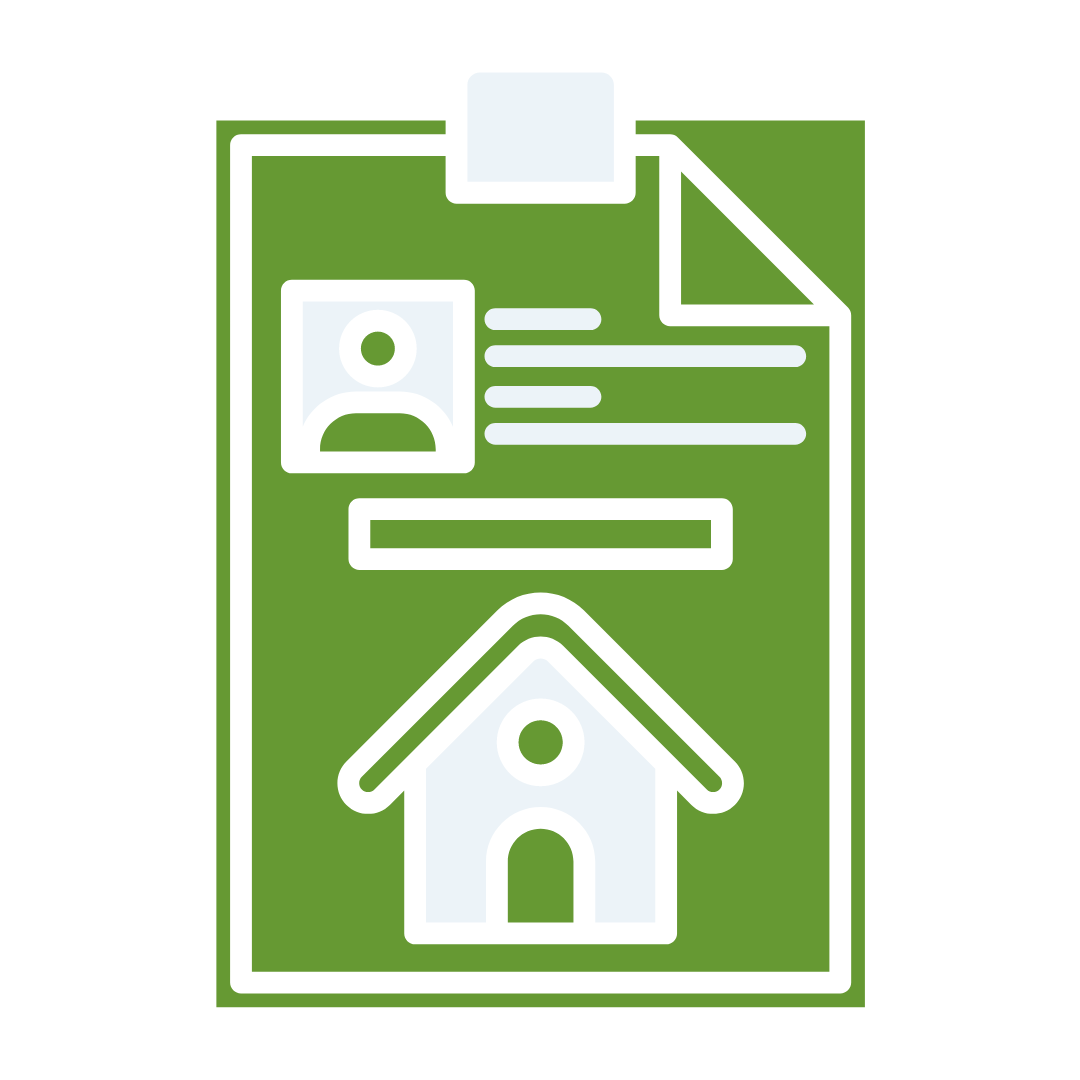How to Make a Home a True Asset Through Investment Principles
Becoming a homeowner can be one of the most exciting times in a person’s life. You finally have a place that is truly yours and you have complete control over it. It’s typically something many spend countless years of their lives saving and planning for. Many new buyers lack the knowledge of first year home ownership expenses to fully grasp how much they will owe.
If you currently own a home, you have probably felt the pain of what some of these surprise costs are that come with a new property. And in today’s market, the home buying and owning process can be a costly and rather confusing experience. Don’t fear; even if you lack knowledge regarding your current home ownership or prospective home ownership situation, it’s never too late to learn. There are ways you can make your home a true asset through investment principles.
Assets and Liabilities
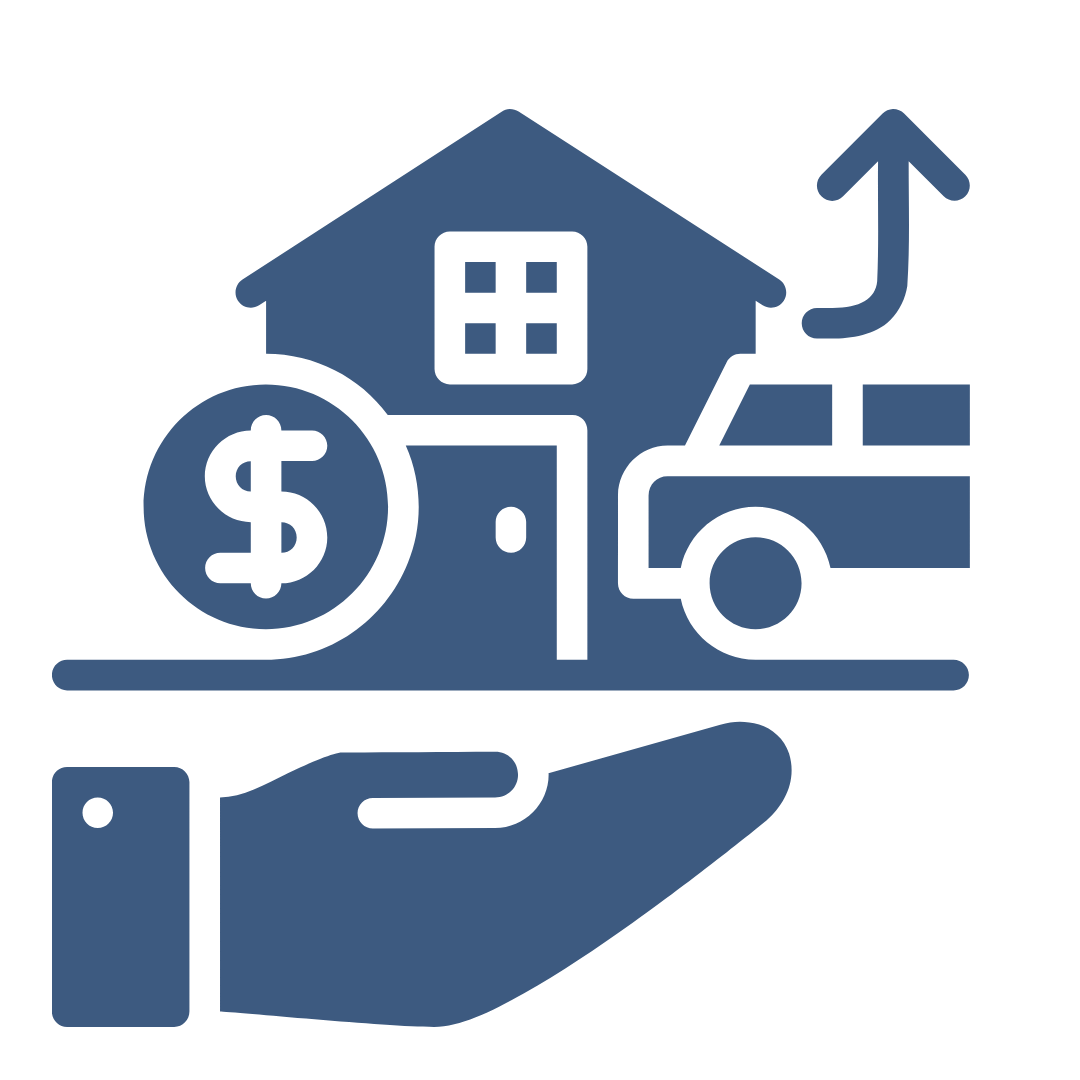
An asset is something a person owns that adds financial value, rather than taking away from it. An asset can come in many forms, such as a piece of artwork, a classic car, a savings account, or a property. When it comes to home ownership, a property becomes an asset if it’s cash flowing.
The same would go for other assets. For instance, when one purchases a piece of artwork, you may automatically think you have an asset. But before it becomes an asset, you must handle the hidden fees.
When a traditional homeowner owns a property, that is called a liability. Anything you pay every month that isn’t paying you is a liability. When many purchase their first home, they don’t own 100% of it yet, therefore it is still considered a liability.

Liability Risk Prevention Costs.
Any financial advisor would recommend that when investing, you cover liability exposure. But for most homeowners, this advice is not commonly given. In turn, they learn too late that their home is in jeopardy of loss due to an illness or untimely death of a breadwinner. This may change your net worth and leave you exposed to the increased liabilities of debt. Insurance is the one area that most lenders and agents do not consider when you purchase a home. One type of risk prevention one should consider is Mortgage Property Insurance, a liability protection policy which will cover mortgage payments is similar to life insurance but covers the payment of the home’s debt if the bread winner cannot work or dies. Or increasing Liability Insurance coverage if you decide to use your home to cash flow through rental or other activities. These policies go by multiple names including Landlord insurance, Liability Insurance, Sewer and Water Insurance, Flood Insurance, Umbrella Insurance policy and Tenant Rent Default Insurance. Another area is risk protection due to where your property is located. You may need environmental liability riders to cover fire, lighting, windstorm, theft, and other physical damage to the property.
Most people decide to go without these coverages because they believe they cannot afford them. But they don’t consider the cost of replacing something without insurance.
Over 60% of Americans have a majority of their wealth in their homes and they are under insured according to a survey by the American Property Casualty Insurance Association. On average that is nearly $300,000 in equity in wealth stored as home equity at jeopardy of loss, according to a study by Coreloginc. Can most homeowners afford to risk total loss by not having coverage? No. Additionally, most home insurance policies will not cover these other areas of exposure if you did not select or know about them when you get your policy.
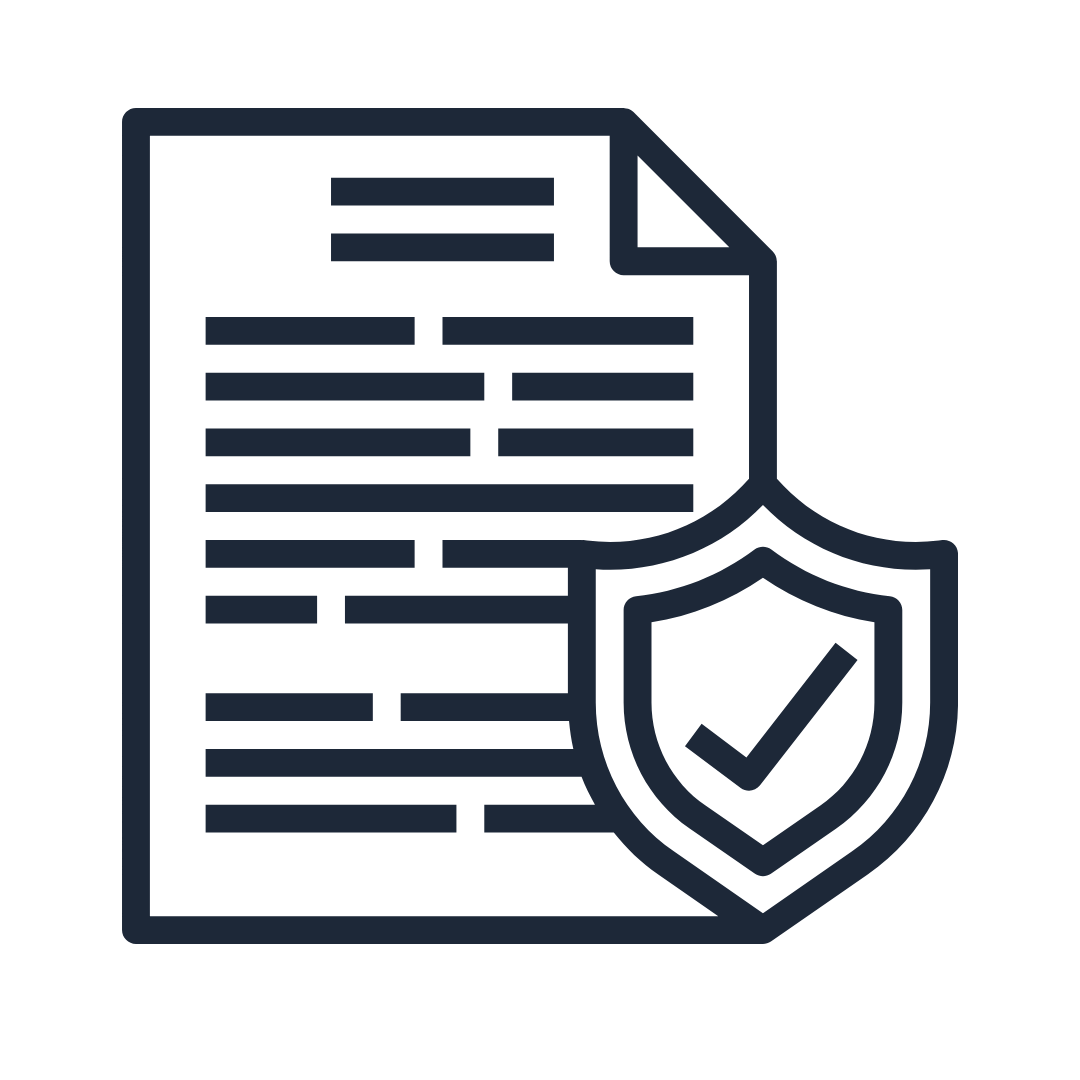
All of these hidden costs might be overwhelming at first glance. Certain companies like Evergreen Investments want prospective homeowners to be aware of these facts. They can help ensure you have the tools necessary to plan for these costs and help secure your home purchase.
"I'm thinking about purchasing a home, but why have the prices in today's market increased so much?"
The demand and supply for housing normally follows common growth patterns, but both were exacerbated by the shut-downs during the COVID-19 pandemic, and the following changes in work-life norms. This has led to a surge in the following:
With all of the above to consider, it’s no wonder that many people of all ages are feeling lost when it comes to purchasing a property. Current real estate market trends can especially discourage young home buyers.
Surging interest rates and home price increases have prospective millennial home buyers heads in a knot.
Take Talej for instance; in 2019 this 26 year old software developer was seeking to purchase a home for the first time. He settled on the asking price of $315,000 for a home in the suburbs of Richmond, VA. However, Talej was quickly disheartened after finding out repair costs on the home would be a whopping $40,000.
Talej backed out of this deal, though later regretted it as the median price rose more than $100,000. Despite frustrations of buying a home for the first time in today’s market, it is still one of the best ways to grow personal wealth.
This story is bigger than Talej though. According to Business Insider, between june 2021-June 2022 the average age of a first time home buyer was 36. During that time, first time buyers only accounted for about 26% of purchases. This was the lowest percentage ever recorded by the NAR.

Talej is now 29 and when he spoke to business insider regarding the state of the housing market for other millennials, he put it like this: “We’re royally screwed.”
"More than 70% of U.S. adults believe the housing market is currently in a bubble, and more than half say it’s a bad time to buy a home, according to a survey of more than 7,000 adults from Momentive"- CNBC
As daunting and overwhelming as this information may seem, there is still hope. Knowledge is a powerful tool, especially when it comes to investing in real estate. A prospective first time buyer can take action to avoid certain situations like Talej’s.
What can a prospective homeowner do in today's market to reduce problems?
1) Understand your own income. One of the biggest things they can do is to understand their own income first. As you go through your journey in planning for home ownership, keep these questions in mind: How much am I making and spending? How much can I save or invest?
2) Know your expenses. It’s highly significant to understand what expenses will go into the first year as a home buyer. Recent data from Smart Asset shows the cost breakdown of a first time home purchase in many cities across the United States. It’s a very beneficial resource as it includes the total cost as well. Keep these in mind for your future search:

Indianapolis
Down payment: $44,102
Annual mortgage cost: $12,692
First year total cost: $63,244

Columbus, Ohio
Down payment: $47,261
Annual mortgage cost: $13,601
First year total cost: $70,192

Houston, Texas
Down payment: $52,307
Annual mortgage cost: $15,053
First year total cost: $79,107

Jacksonville, Florida
Down payment: $58,876
Annual mortgage cost: $16,943
First year total cost: $85,631

San Antonio, Texas
Down payment: $58,059
Annual mortgage cost: $16,708
First year total cost: $87,388

Fort Worth, Texas
Down payment: $63,465
Annual mortgage cost: $18,264
First year total cost: $94,949

Dallas, Texas
Down payment: $64,101
Annual mortgage cost: $18,447
First year total cost: $95,528
As you can see, some of these prices are much higher than others, but they all range between $60K to just above $100k. A smart thing to do based on your budget is to figure out what your potential first year cost might be, and keep updated with this list and others.
What can be done to Secure home ownership?
After reading all of that information, you may be wondering: how can I secure what I own or want to own? Here’s a few things to consider:
Financial literacy and education
Financial Literacy
One of the biggest challenges facing most Americans is being unfamiliar with the financial tools and strategies that can help them achieve their financial goals, including home ownership. Encouraging financial literacy and education will require a multi-pronged approach, including training and the following experiences->
Join a Real Estate Investor Group
Join a Real Estate Investor Group
This will help you to gain a financial understanding of exactly what you own or wish to own. Check out this website for more information.
Build a Real Estate Success Team
Talk to an Evergreen Investments Agent
Real estate is a multi-disciplinary field, you will need different specializations at varying points of the journey to ensure long-term success. Working with an Evergreen Investments agent connects you to legal, tax, development, and real estate guidance necessary to assist you in navigating the ownership challenges you must manage in making a home an investment.
Monitor local real estate market trends.
Monitor local real estate market trends
Keep an eye on local real estate market trends to stay up-to-date on changes in pricing and demand. This can help you make more informed decisions when it comes to buying or knowing what your home investment is worth and what real estate investment activity is occuring in your area . Evergreen Investments has done this research for you. Contact us to be informed of local risks and opportunities that can impact your ownership.
By taking these steps, you will be empowered to make more informed decisions when it comes to buying and managing your investment.
How can I reduce the risks associated with investing in real estate?
This blog provides information on reducing the risks, but here is a key takeaway:
Analyze Data in your specific area. Know the area where you’re investing. It’s important whether you want to consider investing in your local area or in properties that are further away from home. Of course, if you’re purchasing property outside your local area, you’ll want to work with professional property managers, so keep that in mind when estimating the costs and potential income associated with a particular property. Get to know the real estate market in your target area, including projections for the future, median incomes, trends over time and potential business or industrial development in the area. Research the road networks, planned future developments and the time line for changes in a community. By pulling statistical data and financial analyses, you can make the right choices about where to invest your money.
How can I "secure the bag" when it comes to real estate?
The secure package offered by Evergreen investments is meant to help clients at whatever part of their journey they’re in. Whether you currently own a home and are looking to protect your nest egg, or are a prospective homeowner trying to figure out how to make a property an asset, there is a package which will perfectly fit your personal needs.
Secure Package
The Secure package at Evergreen Investments includes the following:- Home ownership Counseling
Financial Literacy Course and Training
Acquisition Strategy and an Annual Operations Plan
Purchase Market Analysis Review of up to 5 properties
Connection to suite of Success Advisors
- SLA: response time per inquiry up to 48 hours
The price for this package is $900 and includes up to 6 months of direct support.
Being a homeowner is no easy task. And with all the information provided above, it might seem a bit overwhelming. This is why it is essential to educate yourself on these many aspects that go into owning a home. Hidden expenses can seem like a slap in the face if you’re unaware of them. Understanding the market and expenses you’ll owe before purchasing a property can help you to secure your purchase and turn your home into an investment in the long run.
If you already own a home, you probably have experienced a lot of these issues above.
Whether you’re a prospective or current homeowner, securing your financial future is an essential step towards planned wealth creation. While everyone is touting that a owning a home is a wealth creation tool, Evergreen Investments supports those who know that it takes wealthy habits to secure that future prize. You can gain a personalized financial strategy for the risks of living in the modern world, and secure the bag made on your real estate investment.

